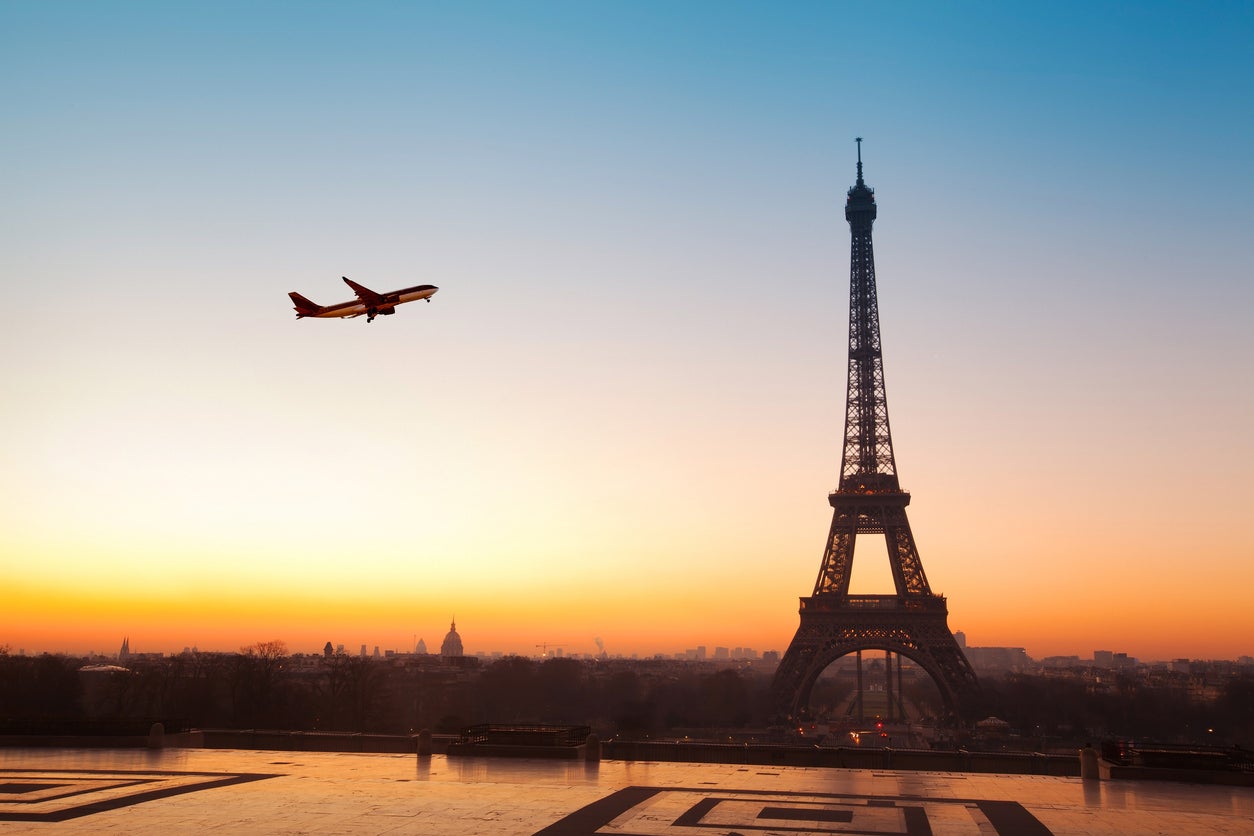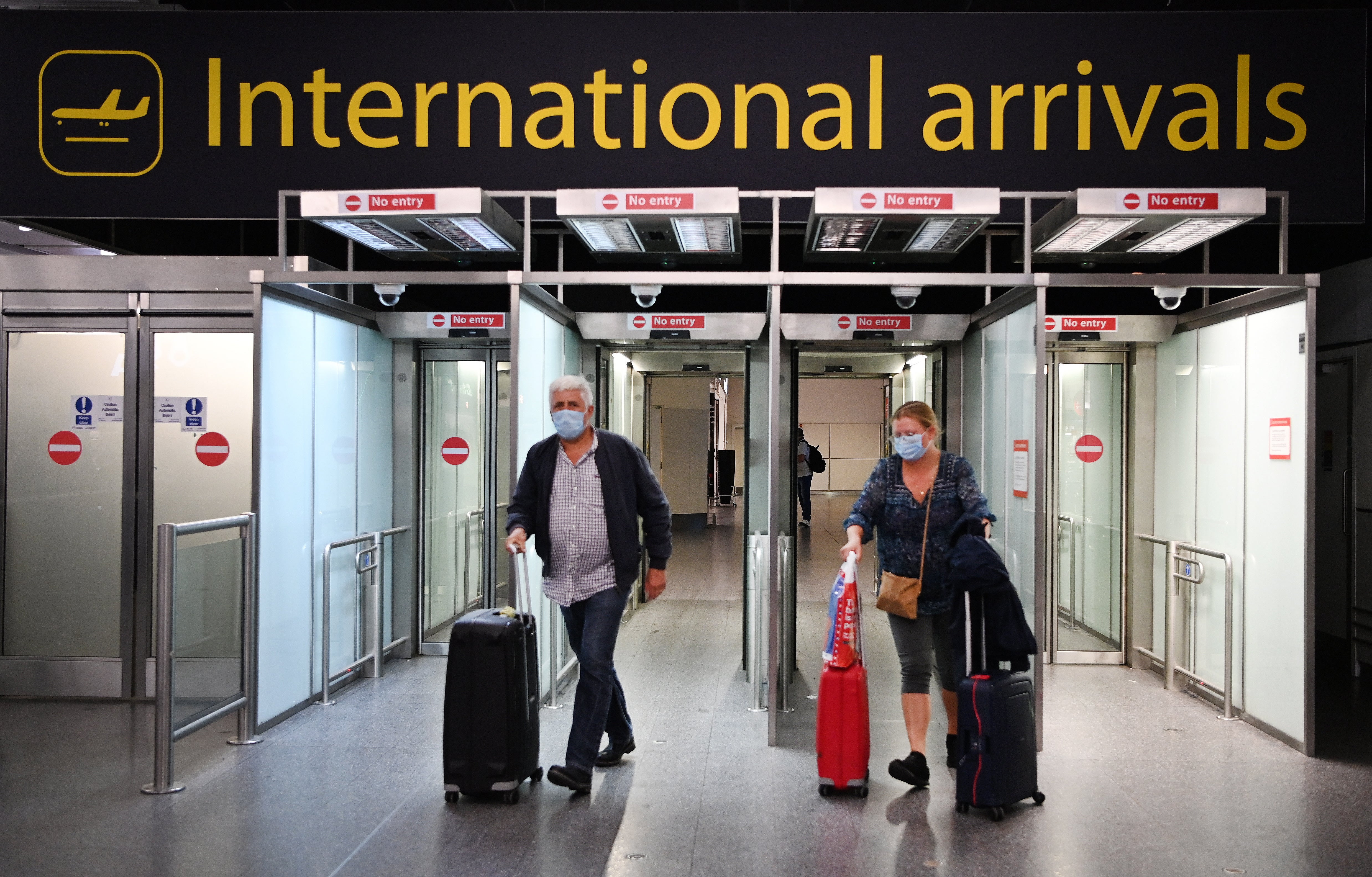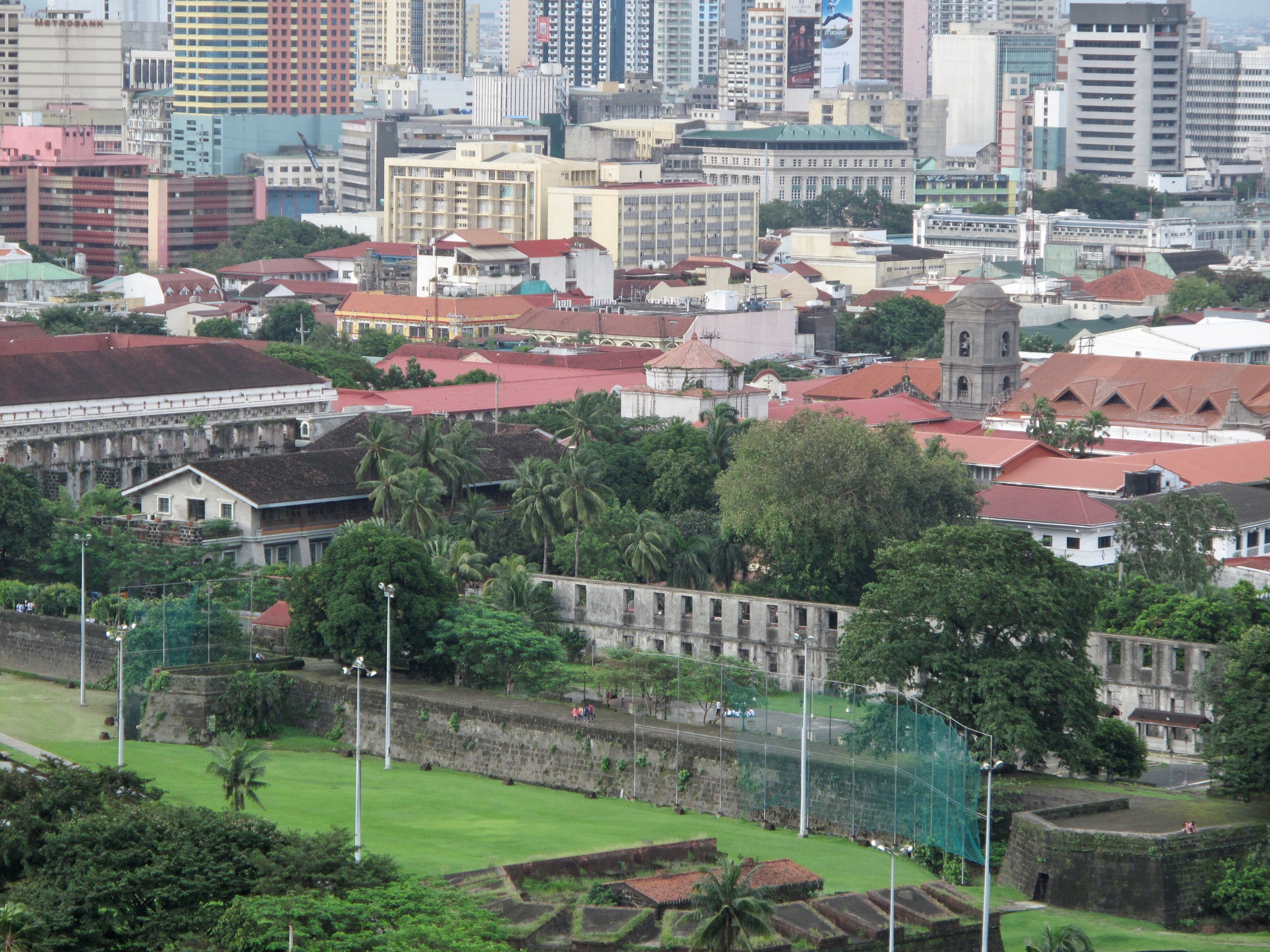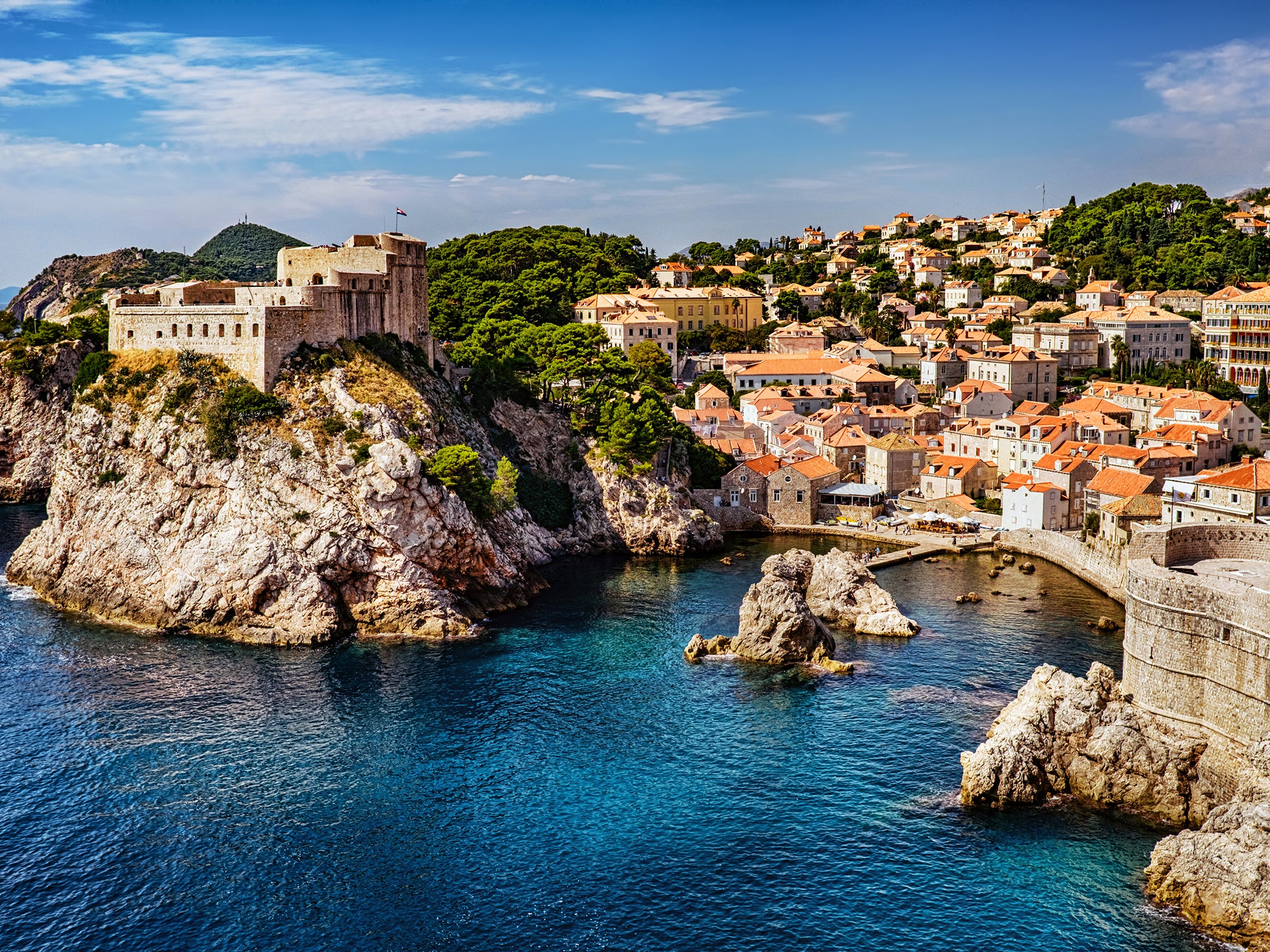Why has France imposed a ban on British travellers?
Simon Calder answers your questions on new Covid restrictions, Filipino tourist visas and the cost-effective of Interrailing


Q Is there any justification for the travel ban that France has imposed on the UK, and also for the testing requirements on return to the UK?
Dan C
A France closed its borders to UK visitors on Saturday 18 December. The Interior Ministry in Paris said the move was “in response to the extremely swift spread of the Omicron variant in the UK”. The ban applies regardless of the traveller’s vaccination status. Only a “compelling reason” is permitted for travel from the UK to France. Being French is justification. But all holidays and business trips for British travellers, as well as most family visits, are off until further notice.
Almost as soon as the new rules took effect, the move was criticised as damaging and futile. Robert Boyle, former strategy director for IAG, tweeted: “Omicron now over 50 per cent of infections in the Paris region. French travel restrictions from the UK make no logical sense.”
With daily case numbers now surging above 100,000 across France, the rationale for the ban has crumbled. It should end immediately to minimise the economic and emotional harm being caused. But in practice, the new French lockdown makes relaxing restrictions tricky. Opening frontiers to Brits while closing down big events in France and making people work from home is unlikely to prove popular – except among people and businesses who benefit directly from UK tourism. Politics, and in particular the need leaders feel to look tough, has played havoc with the travel industry since 2020. Which explains why the British government continues with its ludicrous testing rules.
Onerous, expensive and stressful requirements for pre-departure and post-arrival testing, as well as a spell of self-isolation, were imposed for all arrivals to the UK in late November and early December. Ministers said the aim was to “buy time” and stem the spread of Omicron. That went well, then. Even though events rapidly overtook the reason for their introduction, the rules will remain in place for at least another week. As in France, so in the UK: governments are very swift to impose restrictions and very slow to ease them.

Q Any thoughts as to why Gatwick has fared so much worse than the other top four UK airports in 2021?
Garry B
A In a year in which international flights to and from the UK have fallen by 71 per cent compared with 2019, Gatwick has slipped from second to fourth position in terms of departing and arriving aircraft – well below Heathrow, Stansted and Manchester.
Before the coronavirus pandemic, the Sussex airport was in a seemingly unassailable second place behind the UK’s busiest airport, London Heathrow.
In terms of passenger numbers (a more significant measure of scale than flight operations), 2019 ended with the following top four:
1. Heathrow 81 million
2. Gatwick 47 million
3. Manchester 29 million
4. Stansted 28 million
Passenger numbers for 2021 are not yet available, but inferring from the flights figure from the aviation data analyst, Cirium, I predict a 60 per cent slump at Heathrow, Stansted and Manchester and more like 80 per cent at Gatwick.
More or less everything that could go wrong at Gatwick has gone wrong. Prior to the coronavirus pandemic it hosted three really active long-haul operations: British Airways, Norwegian and Virgin Atlantic. Of these, Virgin Atlantic decided to close its entire Gatwick operation early on, moving all flights to Heathrow and losing thousands of staff in the process.
Norwegian’s busy transatlantic network has also vanished. And British Airways, the second-biggest airline at Gatwick (after easyJet), closed down its short-haul operation there completely and moved some long-haul services to Heathrow.
While easyJet remains its top airline, travel restrictions mean that the number of budget flights has slumped – and those that have taken off have had many empty seats.
In contrast, Stansted and Manchester have a large presence from Ryanair, which has tended to maintain a higher proportion of its flights than easyJet.
Gatwick has also been hard hit by the suspension of the normal “slot” rule that requires airlines to use each permit to take off or land at least 80 per cent of the time. The idea is that unused slots should be sold or loaned to other carriers, increasing travel opportunities and competition.
Assuming the “use it or lose it” rule is restored in summer 2022, Gatwick should return to its former position as the UK’s second-biggest airport. Wizz Air has grabbed some Norwegian slots, British Airways will resume short-haul services with a new Gatwick subsidiary and easyJet plans to ramp up its operations.

Q Earlier this month I booked a return flight from Heathrow to Manila in the Philippines through Lastminute.com. Upon checking with the UK and Philippines government websites prior to booking my ticket, they both said I could get the visa at arrival to Manila airport. I complied with the requirements for a PCR test, a quarantine hotel in Manila and all the other elements. But when I reached the airport I was told I needed a visa in advance of travel. I have since been advised that tourist visas are not being issued for the Philippines, making it impossible to travel there. The airline check-in supervisor assured me I would get a full refund as I had been given incorrect information. But the airline and Lastminute.com are passing the buck, each saying I must apply to the other one. What can I do to get my money back?
Peter B
A I am sorry to hear about your experience. It must be very frustrating as well as upsetting and expensive. As you know, after almost two years of the coronavirus pandemic travel is very different from before Covid-19. It remains the case that the traveller is solely responsible for complying with the destination country’s requirements – such as getting a visa in advance where necessary.
Currently, the UK Foreign Office says that admission is possible for foreign nationals only “with valid and existing visas at time of entry”. Were I checking your documents at Heathrow, with this information I would expect to see a visa for the Philippines. Furthermore, I can see nothing on the official Philippines travel website specifying that tourist visas are available on arrival for British visitors.
Yet evidently you checked, and concluded that you could get a visa on arrival. That suggests something changed between booking and departure. In such a case, I would expect the airline to offer a voucher for future travel (I fear the airline representative was being over-optimistic about you getting your cash back). Regrettably, though, you have to negotiate with Lastminute.com. In my experience this Swiss company has poor customer services and may, I fear, be unhelpful in securing recompense for you. If you have no luck, consider enlisting the help of the bank that issued your credit card. But I need to warn you that there is a significant chance you may end up with nothing.

Q I am thinking of following in my youthful footsteps and redoing a four-week Interrail trip around Europe. But reading the Seat61.com website they say that you often have to pay additional booking/reservation fees, which could make it very expensive. Which makes cheap flights more attractive. I am thinking of going from Glasgow to the south of France, then Milan-Venice-Dubrovnik-Budapest-Berlin and back to Glasgow. What’s your recommendation?
Ormsaigbeg
A When Interrail began in 1972 it was revolutionary – offering unlimited travel on almost every train in Europe, with little need to book space or pay supplements. But things have changed. We now have budget airlines that compete aggressively on price and are often much quicker than rail.
Interrail still works really well for a lot of people, particularly if you are keen on making your travel mind up as you go along. The scheme now has much more choice: you can concentrate on smaller regions, and it is open to all ages – with reductions for the young and old.
But as Mark Smith – the international rail guru known as The Man in Seat 61 – says, many trains require supplements and mandatory reservations. So for your trip I would forsake Interrail and mix flights with trains and ships.
Fly from Edinburgh to Nice – currently £37 in June on easyJet. Then travel by ordinary, cheap trains along the Mediterranean coast and into Italy. Call in at Venice, but instead of continuing around the coast towards Slovenia I would head south along Italy’s Adriatic shore as far as Bari for the overnight ferry to Dubrovnik. From the finest city in Croatia, buses (and ships) are the best way to travel north rather than by rail, making your plans day by day. Construct a relaxed itinerary via Budapest (possibly including a Danube ferry sector to Bratislava) and onwards to Prague and Berlin – from where you can fly straight back to Glasgow (currently £36 on easyJet).
This plan will minimise cost and time, and you will still have plenty of flexibility to take local trains. One final tip – take the European Rail Timetable, paper edition.
Email your questions to s@hols.tv or tweet @SimonCalder


Join our commenting forum
Join thought-provoking conversations, follow other Independent readers and see their replies
Comments